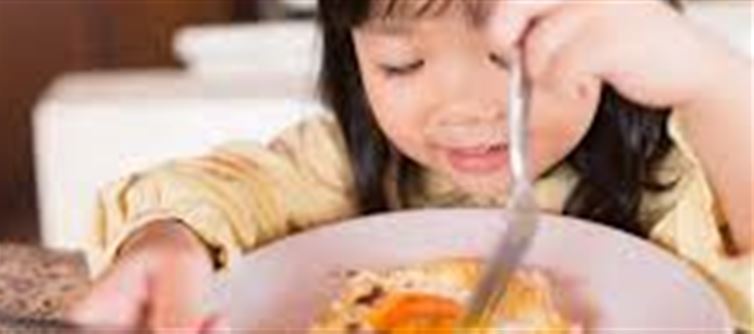
✅ Yes, toddlers can eat eggs every day
Eggs are a powerhouse for growing children. They are packed with:
- High-quality protein – supports growth and muscle development
- Healthy fats – important for brain development
- Vitamins & minerals – like vitamin A, D, B12, iron, and zinc
- Choline – essential for brain and memory development
For toddlers (1–3 years), the recommended protein intake is about 13 grams per day, and one egg provides around 6 grams—that’s almost half their daily need.
How many eggs per day?
- 1 egg per day is safe and healthy for most toddlers.
- If your toddler loves eggs, you can offer up to 1–2 eggs a day, as long as their diet also includes other protein sources (dal, milk, curd, paneer, fish, chicken, beans, etc.).
- The American Academy of Pediatrics (AAP) supports including eggs regularly in toddler diets, even daily.
Things to Keep in Mind
Cook eggs well – Always serve fully cooked eggs (boiled, scrambled, omelette). Avoid runny yolks to reduce salmonella risk.
Watch for allergies – If your child has never had eggs, introduce small amounts first and monitor for reactions (rash, vomiting, breathing issues).
Balanced diet matters – eggs are great, but don’t let them replace all other proteins and vegetables. Variety is key.
Cholesterol concerns? – For healthy toddlers, dietary cholesterol from eggs isn’t usually a problem. The bigger issue comes from too much fried or junk food, not from eggs.
Easy egg Ideas for Toddlers
- Mashed boiled egg with rice/khichdi
- Scrambled egg with soft chapati pieces
- Egg dosa (spread beaten egg over dosa)
- Vegetable omelette cut into strips
- Egg curry (mildly spiced, yolk mashed if needed)
Bottom line: Yes, your toddler can safely eat an egg every day. Just make sure it’s cooked well, balanced with other foods, and introduced carefully if allergies are a concern.
Why Monsoon Triggers Hairfall
The monsoon season often leads to increased humidity, scalp infections, and weakened hair roots. Excessive sweating and fungal growth can also damage follicles. To combat this naturally, your diet must supply the right proteins, vitamins, minerals, and antioxidants that strengthen hair from within.
Disclaimer:
The views and opinions expressed in this article are those of the author and do not necessarily reflect the official policy or position of any agency, organization, employer, or company. All information provided is for general informational purposes only. While every effort has been made to ensure accuracy, we make no representations or warranties of any kind, express or implied, about the completeness, reliability, or suitability of the information contained herein. Readers are advised to verify facts and seek professional advice where necessary. Any reliance placed on such information is strictly at the reader’s own risk.
.jpg)




 click and follow Indiaherald WhatsApp channel
click and follow Indiaherald WhatsApp channel